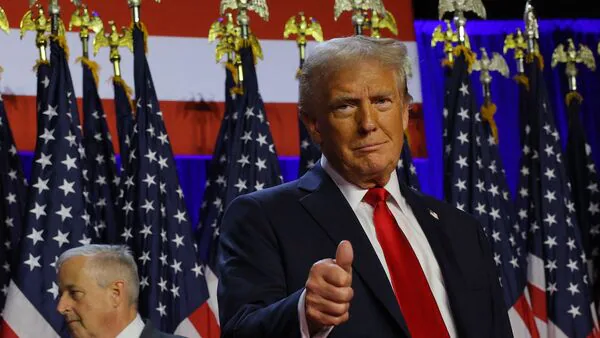Vidya Sethuraman
India Post News Service
As the 2024 U.S. election comes to an end, global political and social dynamics have once again been touched by this historic election. EMS weekly panel briefing offered ethnic media a range of expert perspectives to help contextualize the election outcome, including discussions on political violence, the women’s vote, the impact of immigration issues on voter motivation, and the role of communities of color.

Robert Pap, Professor of political science at the University of Chicago, pointed out with his years of research background and in-depth observation of political violence that the current political division and polarization in American society has reached a new height.
In the 2024 election, the Trump campaign team formed an unprecedented “multi-racial alliance.” This alliance not only expanded its support base, but also won the favor of a large number of Latino blue-collar voters. Ape said this new trend breaks with past stereotypes about minority voting behavior and reflects that among some groups of Latino voters, religious beliefs, social conservatism and family values have a far greater influence than race.

Kelly Dittmar, a professor at Rutgers University, said that although the gender gap has always played a role in elections in recent years, there are subtleties in the voting behavior of female voters in 2024.
Dittmar cited data showing that although female voters as a whole tend to support Harris, it is not one-sided. Especially among young women under 30, they hold more complex positions on issues such as the economy, employment and education. She believes that women will pay more attention to basic issues such as economics and social democracy in this election, rather than just single-gender issues such as abortion.







